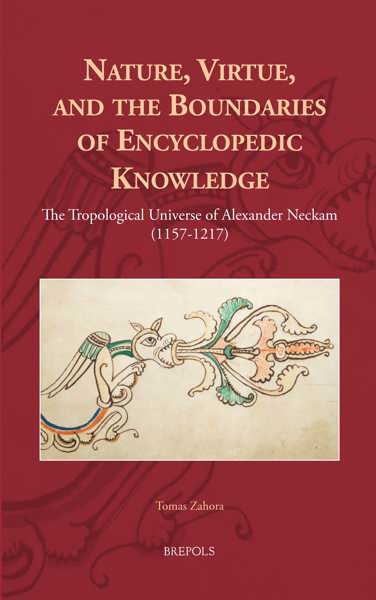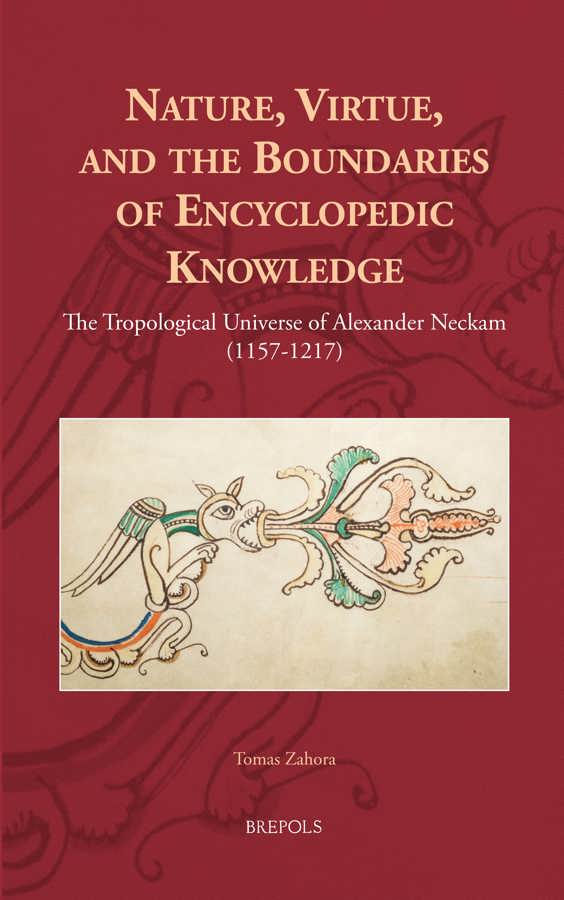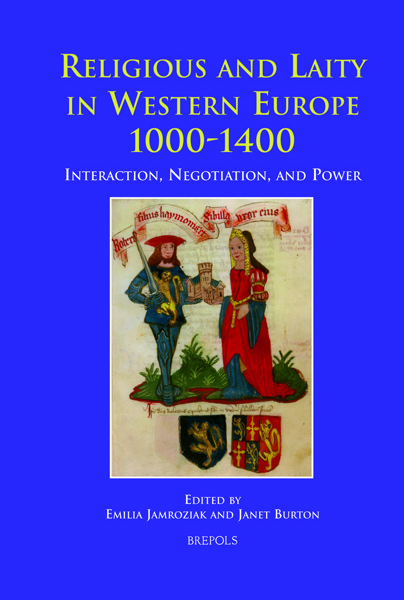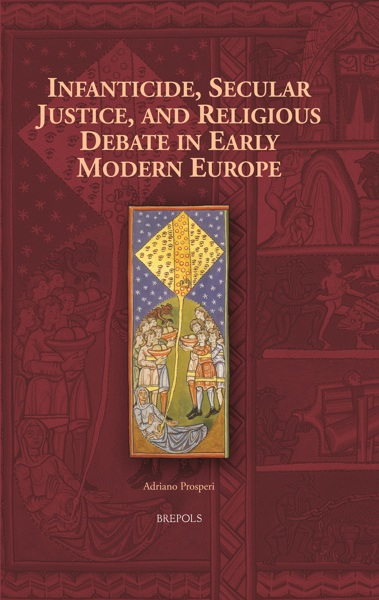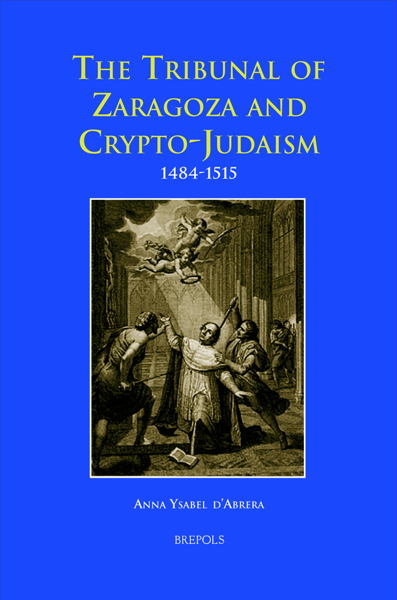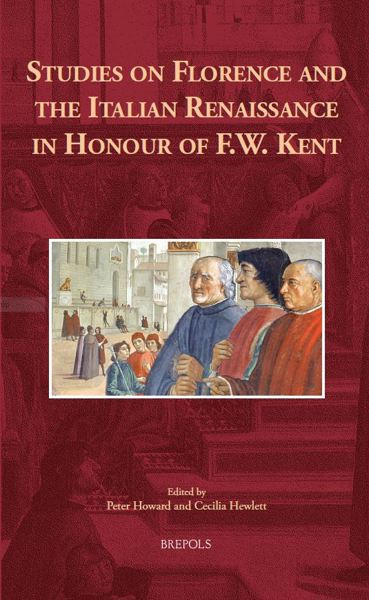
Nature, Virtue, and the Boundaries of Encyclopaedic Knowledge
The Tropological Universe of Alexander Neckam (1157-1217)
Tomas Zahora
- Pages: 285 p.
- Size:156 x 234 mm
- Illustrations:2 b/w, 11 tables b/w.
- Language(s):English, Latin
- Publication Year:2014
- € 95,00 EXCL. VAT RETAIL PRICE
- ISBN: 978-2-503-54958-3
- Hardback
- Available
- € 95,00 EXCL. VAT RETAIL PRICE
- ISBN: 978-2-503-55802-8
- E-book
- Available
An exploration of the encyclopaedias produced by Alexander Neckham (1157-1217) and the role they played in the intellectual culture of the twelfth and thirteenth centuries.
"His book should become essential reading for anyone interested in Alexander Neckam, the history of encyclopedias, pastoral literature, and the historiographically neglected generation of Paris-trained individuals which enabled the transition between the twelfth-century renaissance and the intellectual contributions of the mendicant orders." (Jessalynn Bird, in Sehepunkte 15, 2015, Nr. 11, http://www.sehepunkte.de/2015/11/25480.html)
“Tomas Zahora’s book provides a comprehensive and up-to-date introduction to Neckam’s works in a way that is relevant to scholars from a wide range of disciplinary areas (…) Zahora’s book points the reader towards areas for further research; a fertile field for future possibilities.” (Chantelle Saville, in Parergon, 34/1, 2017, p. 195-197)
Can - and should - an encyclopaedia be a repository of all knowledge? Does the idea of total encyclopaedic knowledge constitute a boon for readers, or is it a labyrinthine nightmare? This book explores the pleasures and paradoxes of encyclopaedism, viewed through the interpretative lenses of the works of Alexander Neckam (1157-1217), an English Augustinian canon and scholar. Neckam wrote not just one but two encyclopaedias: the prose De naturis rerum (‘On the natures of things’) and the verse Laus sapientie divine (‘Praise of divine wisdom’). Poised between the end of the ‘renaissance’ of the twelfth century and the scholasticism-inspired thirteenth century, Neckam invites us into an unfamiliar universe in which encyclopaedias are intentionally incomplete, and in which warnings about the vanity of knowledge coexist with vivid descriptions of new technological inventions. This strange union is facilitated by the exegetical method of tropology or moral reading. Through analogy, vivid imagery, and constant recourse to ethics, Neckam’s encyclopaedias aim to educate their readers until they leave the text behind and engage in a reading of the world in a quest for knowledge, experiencing not only its pleasure and beauty, but also its inherent power.
Introduction
Chapter 1: Alexander Neckam: Proto-Scientist, Moralist, or Encyclopaedist?
Chapter 2: Encyclopaedic Structures
Chapter 3: De naturis rerum, Part I: Physica
Chapter 4: De naturis rerum, Part II:The Inscribed Universe
Chapter 5: Laus sapientie divine: Praising God in a Suitable Manner
Chapter 6: Against the Tides: Neckam’s Encyclopaedias and Paradigmatic Change
Chapter 7: Tropology, Tautology, and Authority
Bibliography
Index
